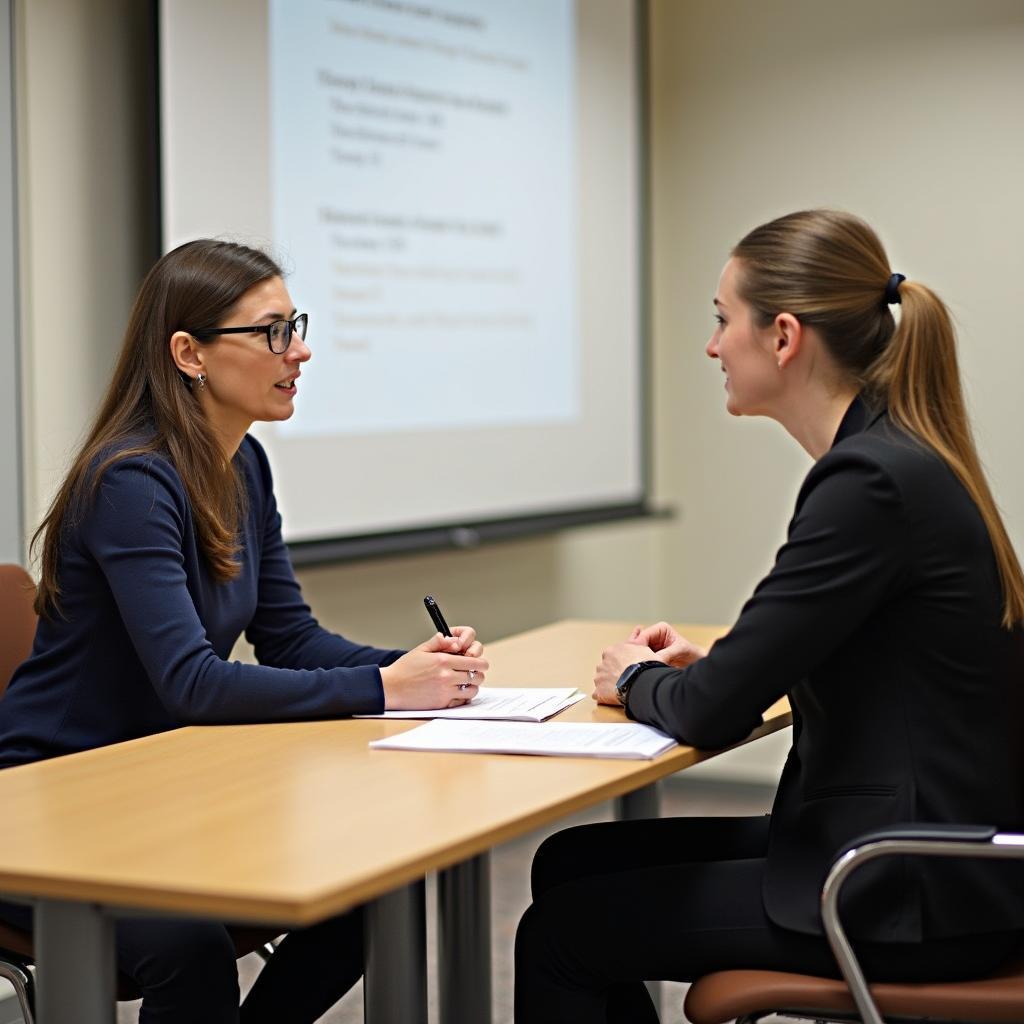The IELTS Speaking Test is designed to assess your spoken English proficiency. It lasts between 11 and 14 minutes and is divided into three parts. Examiners evaluate your fluency, coherence, lexical resource, grammatical range, and accuracy, as well as your pronunciation.

One of the common topics that you might encounter is “Describe an important piece of news you heard.” In this guide, we will explore how to effectively answer this question to achieve a high band score.
Part 1: Introduction and Interview
In Part 1, the examiner will ask questions about familiar topics such as your home, family, work, studies, and interests. Here are some possible questions and a suggested answer:
Example Question
“Do you like watching the news? Why or why not?”
Suggested Answer
Yes, I enjoy watching the news because it helps me stay informed about current events happening around the world. It also allows me to understand different perspectives and keep up-to-date with various topics, from politics to entertainment.
Part 2: Long Turn
In Part 2, the examiner will give you a cue card with a topic. You will have 1 minute to prepare and up to 2 minutes to speak on the topic. Here is an example cue card related to our main topic:
Cue Card
Describe an important piece of news you heard. You should say:
- What the news was
- Where and when you heard it
- How you felt about it
- And explain why you think it was important
Suggested Answer
One of the most important pieces of news I recently heard was about the COVID-19 pandemic. I remember vividly watching the news on the evening of March 11, 2020, when the World Health Organization declared it a global pandemic. I was at home, sipping a cup of tea in my living room, when I saw the breaking news headline flash across the screen.
Initially, I felt a mixture of shock and anxiety. The idea of a pandemic seemed like something out of a movie, but it was now a reality affecting millions of people worldwide. This news was very important because it marked the beginning of a period of unprecedented challenges, from health crises to economic downturns. It impacted everyone’s daily lives, necessitating lockdowns, social distancing, and a shift to virtual interactions. Understanding the gravity of the situation made me more vigilant about following health guidelines and staying updated on scientific developments.
Follow-Up Questions
- Do you think the media plays an essential role in informing the public? Why or why not?
- Yes, the media is crucial in keeping the public informed. It provides timely information that helps people make informed decisions, especially during crises like the pandemic.
- How often do you think people should check the news?
- I believe people should check the news at least once a day to stay updated on significant events, but they should also be cautious about the sources to avoid misinformation.
Part 3: Two-Way Discussion
In Part 3, the examiner will ask more abstract questions related to the topic discussed in Part 2. This part evaluates your ability to discuss and elaborate on complex ideas.
Example Questions
- “How do most people get their news nowadays?”
- Most people get their news through digital platforms like news websites, social media, and mobile applications. These sources offer convenience and real-time updates.
- Most people get their news through digital platforms like news websites, social media, and mobile applications. These sources offer convenience and real-time updates.
- “What are the advantages and disadvantages of getting news from social media?”
- The main advantage is the speed and accessibility of information. However, the downside is the potential for spreading misinformation, as not all news on social media is verified.
- “How can governments ensure that the public receives accurate information?”
- Governments can collaborate with verified news agencies and use official channels to disseminate information. Encouraging media literacy among the public also helps individuals discern credible news sources from unreliable ones.
Tips for Achieving a High Band Score
- Fluency and Coherence: Speak smoothly without too many pauses. Organize your ideas logically.
- Lexical Resource: Use a wide range of vocabulary appropriately. Avoid repetition and showcase your ability to use advanced words.
- Grammatical Range and Accuracy: Use various sentence structures accurately. Pay attention to verb tenses.
- Pronunciation: Ensure your speech is clear and understandable. Work on intonation, stress, and rhythm.
Practice regularly and seek feedback from peers or instructors. Recording yourself and analyzing your performance can also be very beneficial.
Implementing these strategies will improve your speaking skills and help you score higher on the IELTS Speaking Test. Good luck!